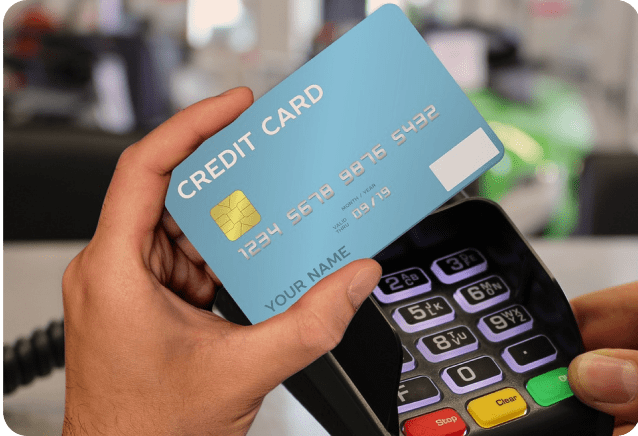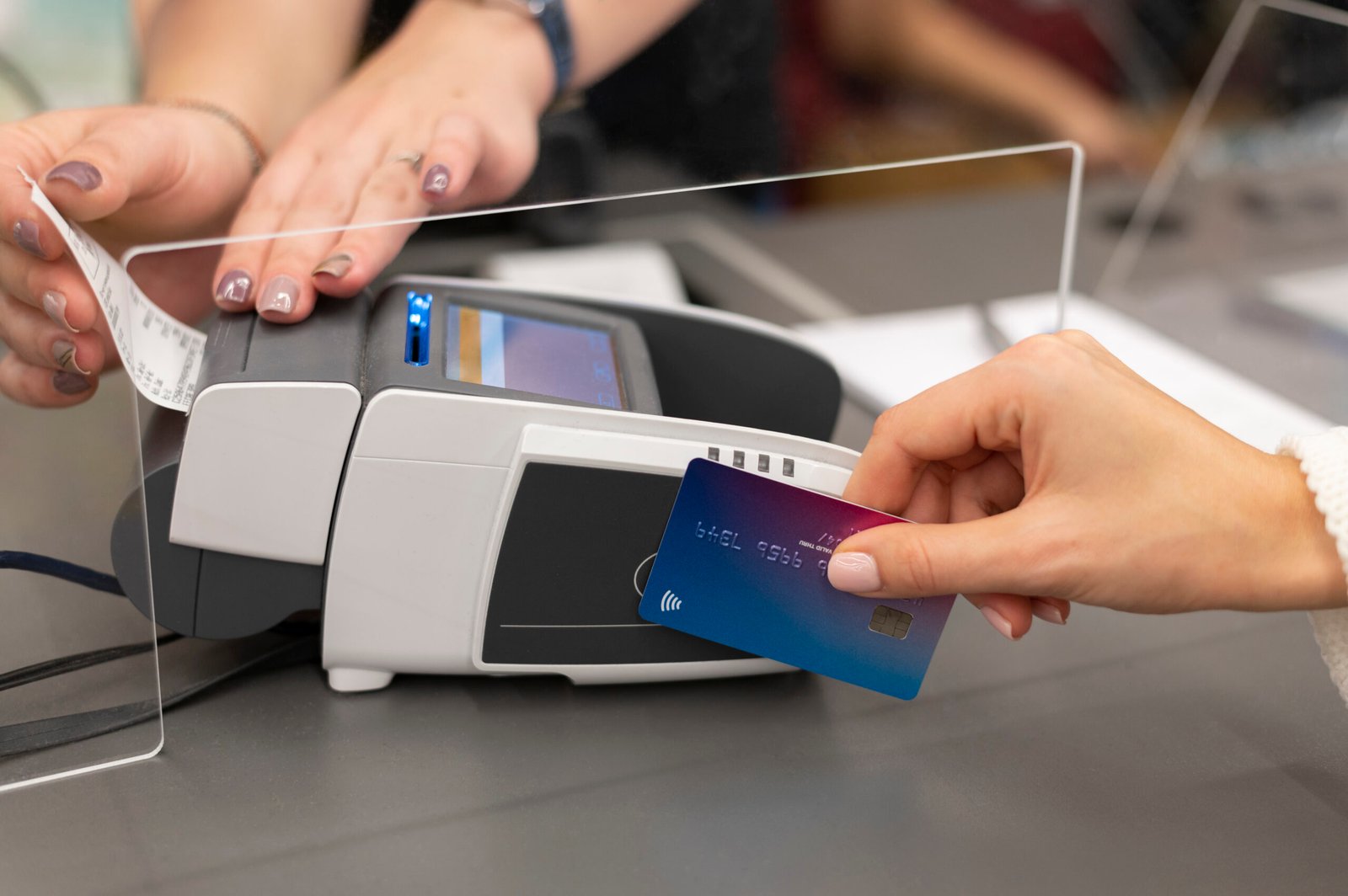
Introduction
Choosing the right payment processor is a crucial decision that can impact your business’s cash flow, customer satisfaction, and profitability. With so many options available, finding the best fit can feel overwhelming. In this guide, we’ll walk through the key factors to consider to ensure you choose a processor that aligns with your business needs and goals.
- Evaluate the Pricing Structure
Payment processors typically offer different pricing models, including flat-rate, tiered, and interchange-plus pricing. Understanding these structures will help you choose the best one for your transaction volume and average sale size.
- What to Look For: For small, frequent transactions, flat-rate pricing may be ideal, as it simplifies billing. For higher transaction amounts, interchange-plus pricing can offer more savings by breaking down fees into smaller, detailed charges. Assess your needs to choose a structure that minimizes costs.
- Consider Industry-Specific Solutions
Some payment processors offer specialized services for certain industries. For instance, high-risk businesses like cannabis and CBD, or industries with high transaction volumes, may benefit from industry-specific processors with tailored solutions that provide added support, compliance, and cost-effective options.
- What to Look For: If you’re in a high-risk industry, select a processor that works with your sector and understands your unique needs. Look for providers with flexible policies and experience handling high-risk transactions.
- Look for Flexible Integration Options
Integrating payment processing into your POS system or online platform should be a seamless process. Whether you operate a physical store, an e-commerce site, or both, your payment processor should offer easy integrations that work with your existing systems.
- What to Look For: If you rely on specific POS hardware, make sure the processor is compatible. For e-commerce businesses, check that the provider offers API support for easy online integration, as this will make the transition easier and reduce downtime.
- Ensure Strong Security Measures
Security is non-negotiable when it comes to payment processing. Look for providers that offer tokenization, encryption, and fraud detection to keep customer data safe.
- What to Look For: Choose a processor with a solid reputation for security. Advanced security features like tokenization and AI-driven fraud detection help protect sensitive information, reduce chargebacks, and safeguard customer trust.
- Review Customer Support Options
Issues can arise at any time, and having reliable customer support can make a big difference. Look for a provider that offers round-the-clock support to help you address any questions or concerns, especially if you operate outside standard business hours.
- What to Look For: 24/7 customer support is ideal for businesses with extended hours or international operations. Having access to dedicated, responsive support ensures that issues are resolved quickly, minimizing disruption to your business.
Conclusion
Choosing the right payment processor requires careful consideration of factors like pricing structure, security, industry support, and customer service. By evaluating these aspects and aligning them with your specific business needs, you can select a payment processor that will streamline transactions, reduce costs, and support your long-term growth. Take the time to make an informed choice, and set your business up for success with the best payment processing partner.

